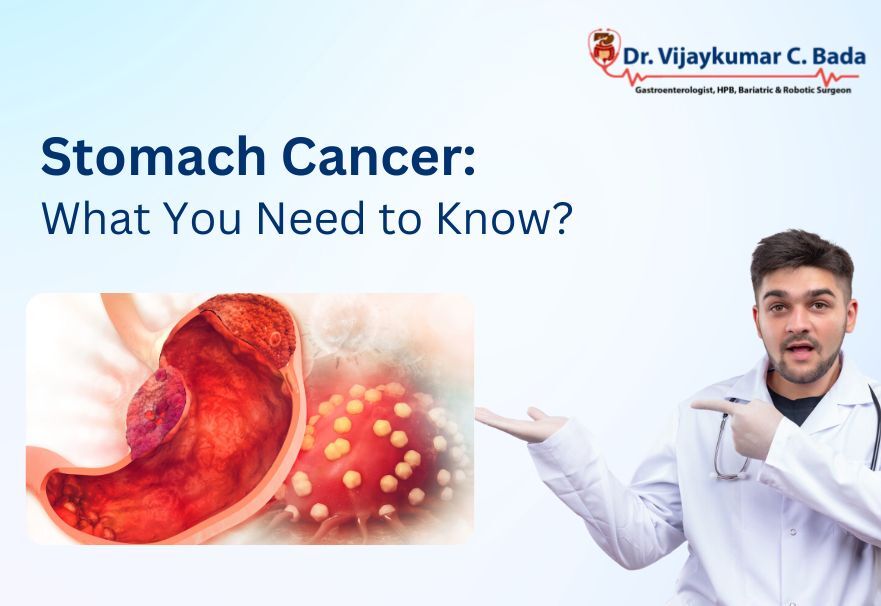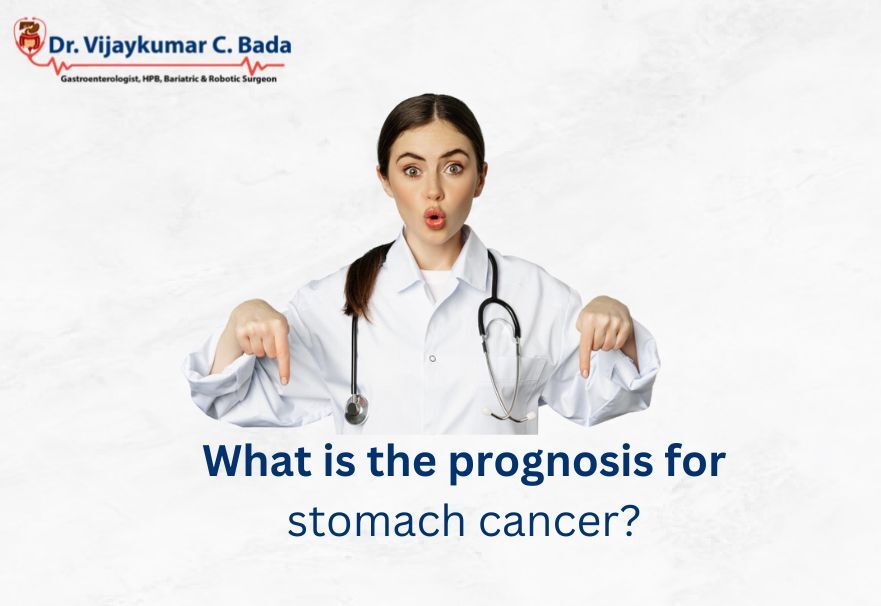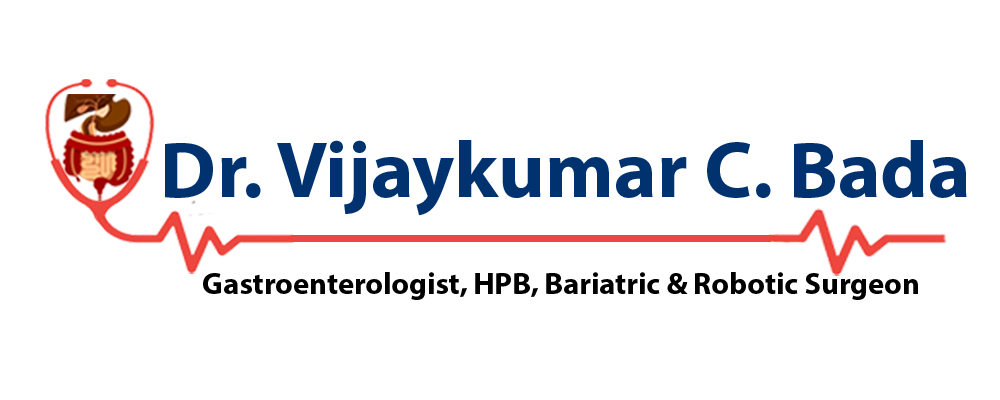Stomach Cancer:
What You Need to Know?

What is stomach cancer?
Stomach cancer, scientifically referred to as gastric cancer is a form of malignancy that initiates within the gastric lining. It is the sixth most common cancer in the world and the third leading cause of cancer death.
Who is at risk for stomach cancer?
Some people are at higher risk for stomach cancer than others. These include:
- People over the age of 65
- People of East Asian, South or Central American, or Eastern European descent
- Individuals with a family history of gastric cancer
- People who have had chronic stomach conditions, such as H. pylori infection, ulcers, or gastritis
- People who smoke or drink heavily
- People who eat a diet high in salt or red meat
How is stomach cancer diagnosed?
Stomach cancer is diagnosed with a combination of tests, including:
- Physical exam
- Blood tests
- Diagnostic Imaging techniques, including X-ray, CT scan, or MRI
- Endoscopy, is a procedure in which a tube with a camera is inserted into the stomach to view the lining
How is stomach cancer treated?
The treatment for stomach cancer depends on the stage of the cancer, the patient’s overall health, and their treatment preferences. Treatment options may include:
- Surgery to remove the tumour or part of the stomach
- Chemotherapy
- Radiation therapy
- Targeted therapy
- Immunotherapy
- Palliative care aims to alleviate symptoms and enhance the overall quality of life.

Have Any Question?
Are you looking for a Solution for your problem? You can call us or just drop your question here.
What is the prognosis for stomach cancer?
The outlook for gastric cancer depends upon the cancer stage identified during diagnosis. Early-stage stomach cancer is often curable, while advanced-stage cancer is often fatal. The survival rate of stomach cancer for 5 years is about 30%.
How can I prevent stomach cancer?
While there is no foolproof way to completely prevent stomach cancer, certain measures can be taken to reduce the likelihood of its occurrence, such as:
- Eat a healthy diet, including plenty of fruits, vegetables, and whole grains
- Limit your intake of salt, red meat, and processed foods
- Avoid smoking and excessive alcohol consumption
- Get regular checkups and screenings, especially if you are at high risk
If you have any concerns about stomach cancer, talk to your doctor.
Communication with Healthcare Providers
Stomach cancer is a serious disease, but early detection and treatment can lead to better outcomes. It is important to know the risk factors for stomach cancer and see your doctor regularly for checkups. If you experience any of the symptoms of stomach cancer, such as stomach pain, unexplained weight loss, or vomiting, it is important to seek medical attention right away.
When you are diagnosed with stomach cancer, it is important to work closely with your healthcare team to develop a treatment plan that is right for you. There are many different treatment options available, and the best course of treatment will vary depending on the stage of your cancer and your overall health.
Treatment for stomach cancer can be challenging, but it is important to remember that you are not alone. There are many resources available to help you cope with the physical and emotional challenges of cancer treatment. Your healthcare team can provide you with information and support, and there are also many online and in-person support groups available.
With early detection and treatment, many people with stomach cancer can live long and healthy lives. By working closely with your healthcare team and taking advantage of the resources available to you, you can increase your chances of a successful outcome.
Stay Connected with
Dr. Vijaykumar C. Bada

Dr. Vijaykumar C. Bada is the best Gastroenterologist in Hyderabad city of Telangana.
- Flexible Appointments & Urgent Care
Dr. Vijaykumar C. Gastroenterologist
Design & Developed by Pointofviewer
Copyright © 2021. All rights reserved.
